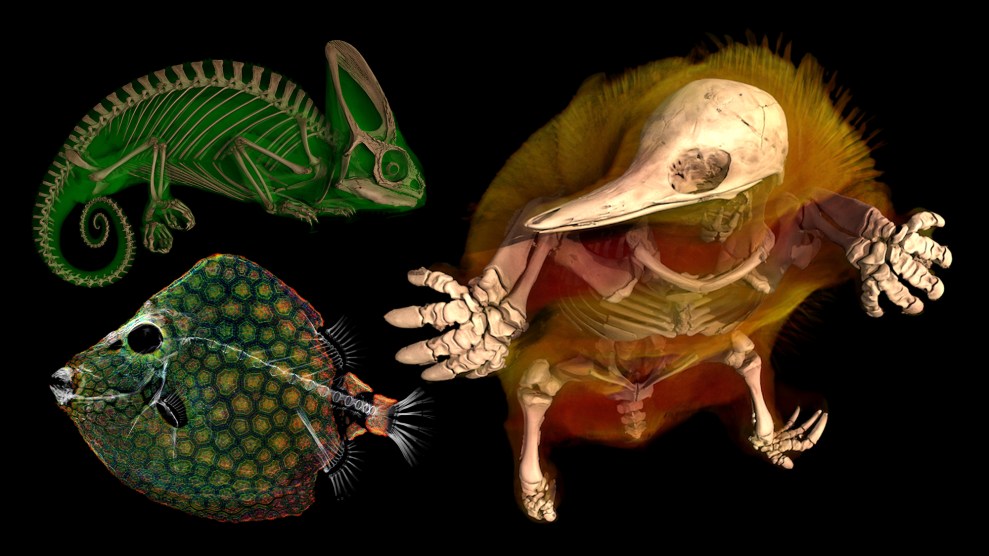SAVING DETROIT….Earlier this morning the auto bailout bill seemed destined for failure, but later in the day Harry Reid and Sen. Bob Corker (R–Tenn.) were busy trying to patch together one final effort at compromise:
As Reid spoke, a bipartisan group of senators and representatives from Detroit’s Big Three automakers and the United Auto Workers union were meeting one floor below in the ceremonial Foreign Relations Committee Room, trying to broker an 11th-hour deal to save the rescue package.
….Corker today put forward a plan that would impose far more stringent auto industry restructuring standards than the House bill. It would reduce the wages and benefits of union workers at domestic car manufacturers by requiring the total labor costs of GM and Chrysler to be “on par” with those in non-union U.S. plants of foreign automakers such as Toyota and Honda.
OK, but I have one question: Is Corker also insisting that the total labor costs of GM’s white collar management staff be on on par with those of Toyota and Honda? Just curious.

















